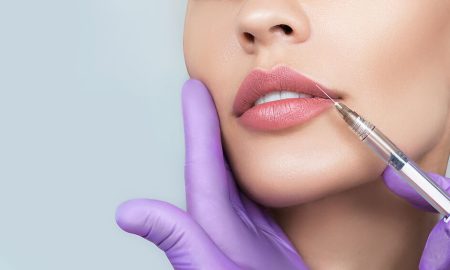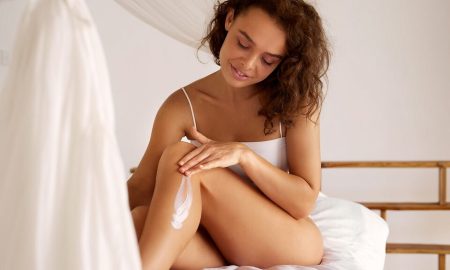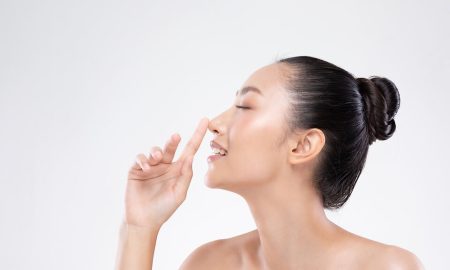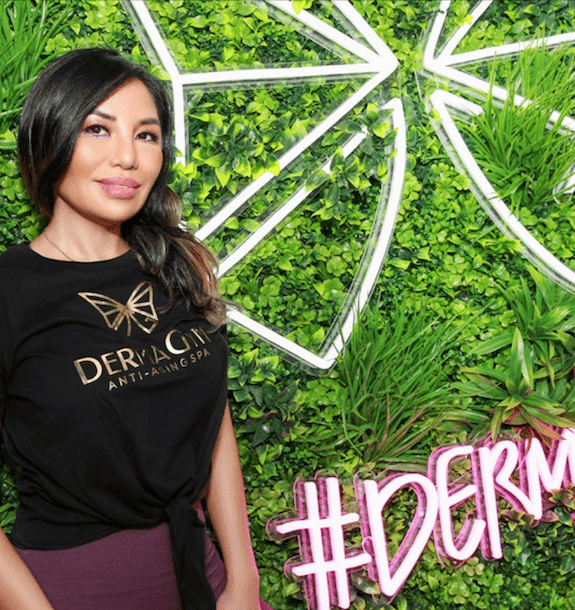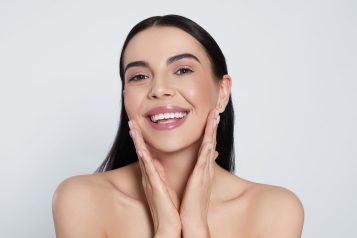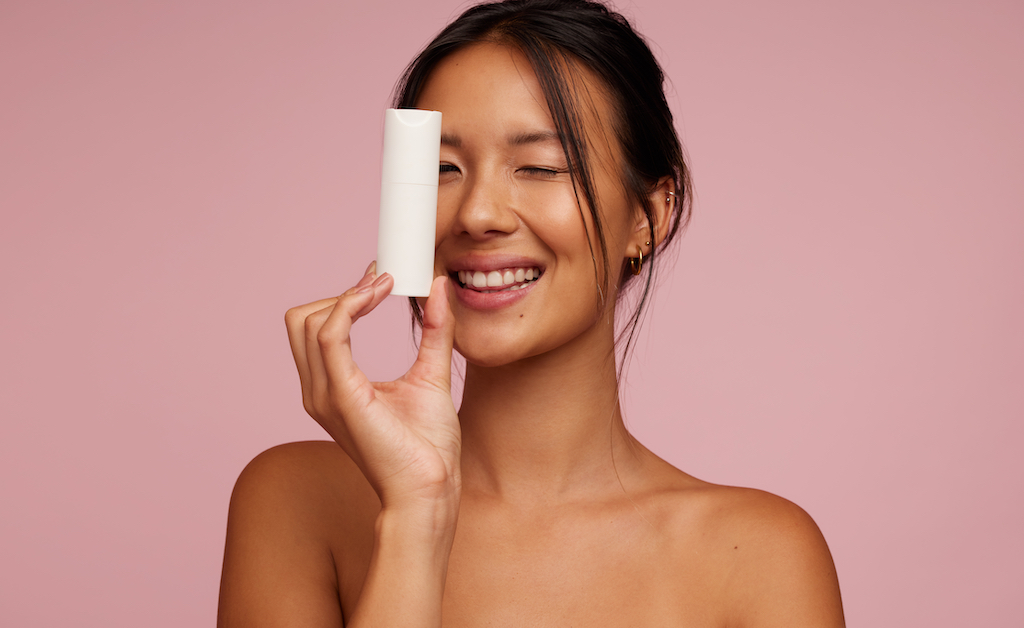
Rumor has it that there is a hidden ingredient lurking in your cosmetic cabinet— parabens. Have you ever come across this term? Parabens are a type of preservative frequently utilized in cosmetic products to prevent the growth of bacteria, yeast, and mold. They are traditionally found in a variety of personal care and cosmetic items, such as moisturizers, soaps, makeup products, sunscreens, hair care products, and deodorants. In essence, they can be found in almost everything you use. Haute Beauty experts at The Biltmore Spa speak on the benefits of parabens, if any, and explore why they are present in our products.
Are all cosmetic products required to disclose the use of parabens on their labels?
Regulations regarding the disclosure of parabens on cosmetic product labels vary depending on the region and country. In the United States, the FDA does not specifically require the disclosure of parabens on cosmetic product labels.
Can the concentration of parabens in products vary?
The specific concentration of parabens in a product depends on several factors, including the type of product, its formulation, and the desired shelf life.
What is the typical range?
It is important to note that these ranges are determined by the manufacturers, but a typical range will be:
- Methylpataben: from 0.1% to 0.4%
- Ethylparaben: from 0.1% to 0.4%
- Propylparaben: from 0.1% to 0.3%
- Butylparaben: from 0.1% to 0.3%
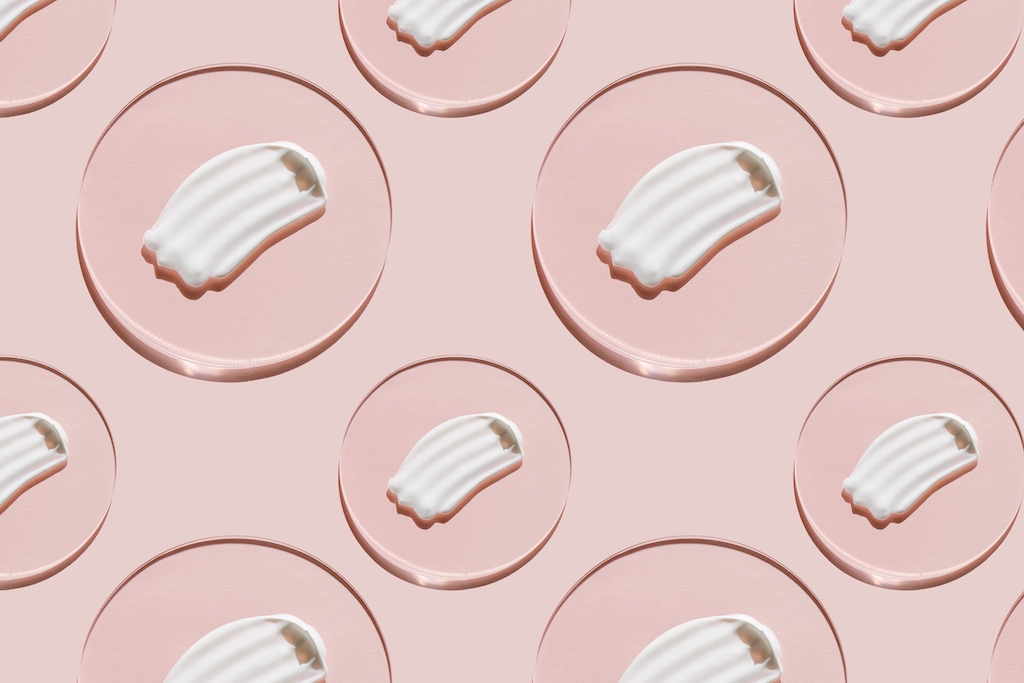
Are there any specific regulations or guidelines regarding the maximum allowable concentration of parabens in cosmetics?
The FDA doesn’t have specific regulations regarding the maximum allowable concentration, however, it states that cosmetic ingredients must be used at levels that are safe for consumers.
What are the side effects of parabens on the skin?
The potential side effects of parabens on the skin have been a topic of debate and research. It’s worth noting that the scientific community has not reached a consensus on the safety and potential risk of parabens. The FDA has evaluated the available scientific evidence and concluded that parabens, when used within regular limits, are safe for use in cosmetics. Some individuals can be allergic or sensitive to them and the effects could range from skin irritation, allergic reactions, or skin sensitizations.
Are there certain individuals who may be more susceptible to the negative effects of parabens in cosmetics?
People with allergies, sensitivities, dermatitis, or eczema may be more susceptible, but the majority of people do not experience adverse reactions or health problems. It is advised to always consult your dermatologist for personalized guidance.









